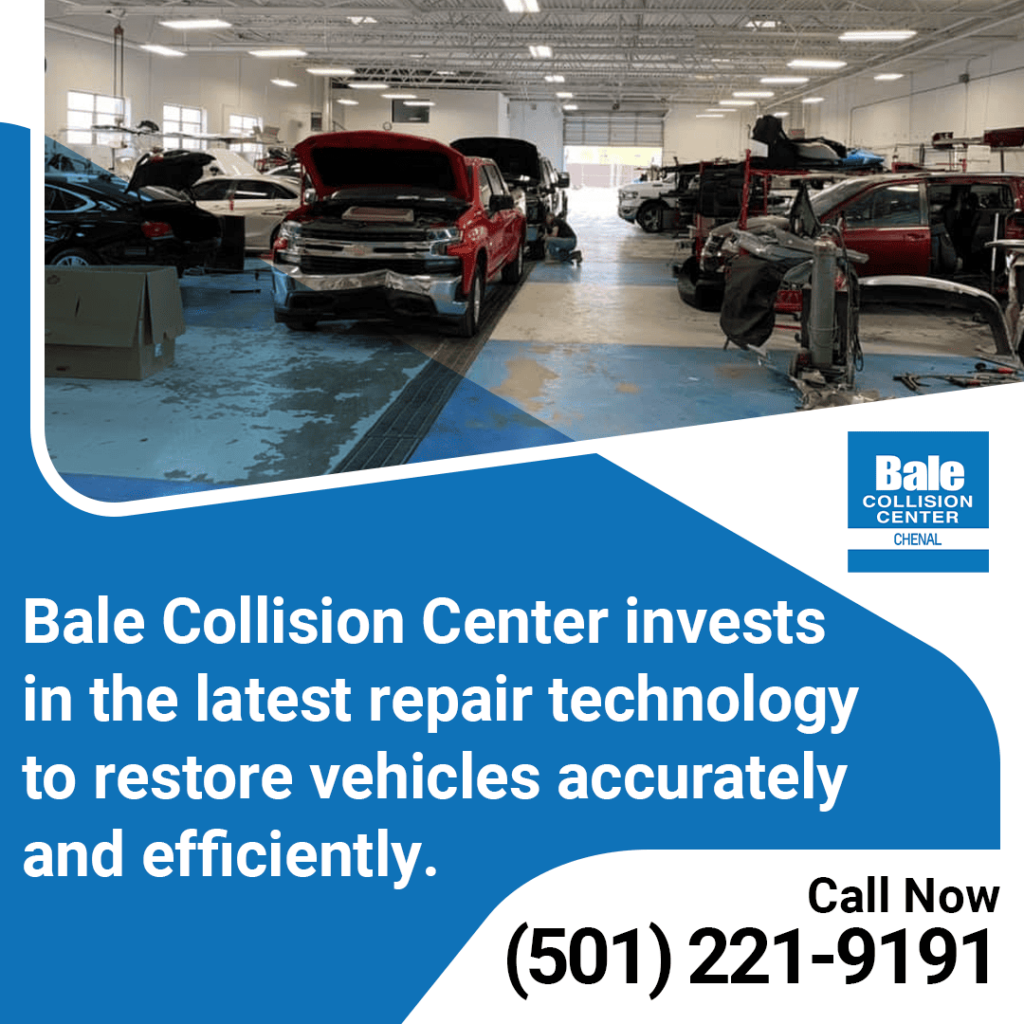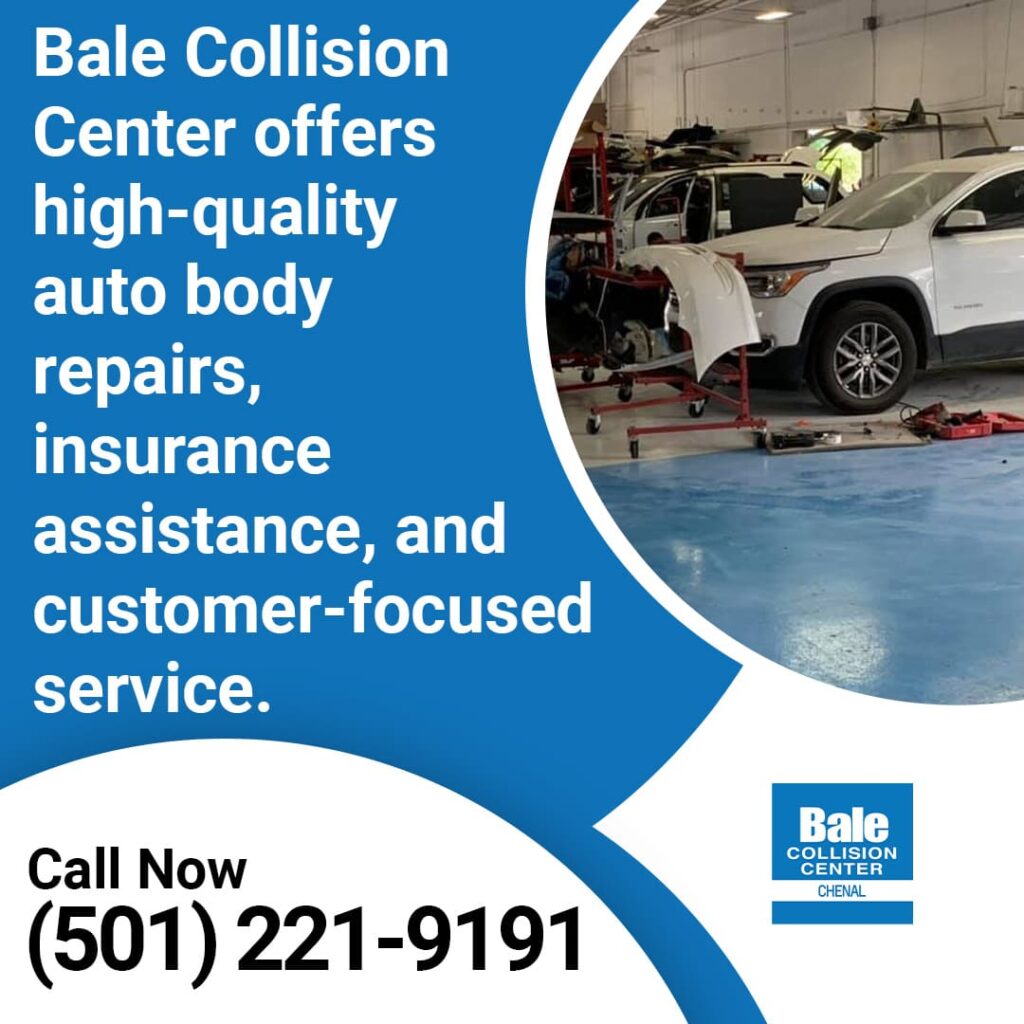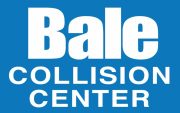Dealing with an insurance claim after an accident can feel overwhelming. Many drivers struggle with paperwork, estimates, and understanding what their policy covers. At Bale Collision Center, our goal is to make the process as straightforward as possible so you can focus on getting back on the road.
With years of experience in auto body and collision repair, we work directly with insurance providers to handle approvals, estimates, and repairs efficiently. This guide will walk you through each step of an insurance claim for collision repair—from reporting the accident to completing the repair. We’ll also explain how we assist with insurance coordination, making sure you get the coverage you’re entitled to without unnecessary delays.

Understanding How Insurance Claims Work for Auto Repairs
Filing an insurance claim for auto collision repairs involves several steps, starting with reporting the accident and moving through the approval process for necessary repairs. Understanding each stage can help you manage expectations and avoid delays.
After an accident, reach out to your insurance provider promptly. They will explain the necessary documentation and review claim eligibility. Once the claim is submitted, an adjuster assesses the damage, and repairs can begin after receiving approval. At Bale Collision Center, we coordinate with insurance companies to streamline the process and keep repairs on track.
The Role of Auto Insurance in Collision Repair
Auto insurance helps cover the cost of repairs after an accident, depending on the type of coverage you have. Policies vary, but most include liability, collision, or comprehensive coverage.
Liability insurance covers damages you cause to another vehicle but does not pay for your own repairs. Collision insurance covers the cost of repairing your vehicle, regardless of fault. Comprehensive insurance protects against non-collision damages such as theft, fire, or weather-related incidents. Each policy has specific terms that determine what expenses are covered and how much the insurance company will pay.
Understanding your policy is essential when filing a claim. Many drivers assume that all damages will be covered, only to find out later that their policy has limitations. Reviewing your coverage before an accident occurs can help you prepare for potential costs. At Bale Collision Center, we work with your insurance companies to make sure the auto collision repairs align with your coverage and minimize out-of-pocket costs.
Key Factors That Affect Your Claim Approval
Several factors, including policy coverage, fault determination, and repair estimates, determine whether an insurance claim is approved.
Your policy limits play a major role in how much your insurance will cover. If the collision repair costs exceed your coverage limit, you may have to pay the remaining balance. Fault determination also impacts the claim process. If you are responsible for the accident, your insurance company will handle your claim differently than if another driver is at fault.
Once a claim is filed, an insurance adjuster assesses the damage to verify the extent of repairs needed. This step prevents fraudulent claims and makes sure repair costs align with industry standards. Filing a claim in a timely manner is also important. Many policies have deadlines for reporting accidents, and missing these deadlines can result in denial. Additionally, if your policy includes a deductible, you will need to pay that amount before insurance covers the rest of the repair costs.
Managing these factors can be complex, but working with an experienced collision repair center can simplify the process. At Bale Collision Center, we provide all necessary documentation and estimates, reducing the chances of claim delays or denials.
Steps to Take After an Accident for a Smoother Claim Process
Following the right steps after an accident can speed up your insurance claim and auto repair process. Knowing what to do can prevent delays and make sure repairs are covered under your policy.
Begin by checking for injuries and making safety a priority. If the vehicle is operable, move it to a secure spot and activate the hazard lights. Call emergency services if required. Take clear photos of the accident scene and collect important details from the other driver.
Reporting the incident to your insurance provider as soon as possible is important. They will guide you through the claim process and let you know what details are required. Then, visit a trusted auto body and collision repair center for a damage assessment and repair estimate.
Documenting the Damage and Gathering Information
Taking detailed photos and collecting accident details helps support your insurance claim and with accurate damage assessment. Proper documentation can prevent disputes and make the claim process smoother.
Take multiple photos of the vehicle damage from different angles using your phone or camera. Include shots of the surrounding area, skid marks, road signs, and any other important details. Be sure to capture the license plates of all vehicles involved. If any injuries are visible, document those as well.
Collect the other driver’s contact and insurance information. If there are witnesses, ask for their contact details in case their statements are needed later. Record the time, location, and weather conditions at the scene. Providing this information to your insurance company can speed up claim approval and prevent unnecessary complications.
Reporting the Incident to the Insurance Provider
For a successful claim, you must informyourinsurancecompanyassoonaspossible. Delays in reporting could lead to complications or even claim denial.
Most insurance companies have a dedicated claims department or a mobile app for quick reporting. Provide them with the accident details, including location, date, and a brief description of what happened. Be honest and accurate in your statements to avoid future disputes.
Your insurance company will issue a claim number and may ask for additional documents, such as a police report, if one was filed. They will also outline your policy coverage and any applicable deductible. After assessing the claim, they might send an adjuster to examine the vehicle damage.
Getting an Initial Damage Assessment
A professional damage assessment helps determine repair costs and identifies all necessary repairs. Insurance companies require an estimate before approving a claim.
Once the vehicle is brought to a collision repair center, a technician will inspect the damage and provide a detailed repair estimate. This estimate may include visible damage and hidden issues that may not be immediately noticeable. Insurance adjusters may review the estimate before approving repairs.
If additional damage is discovered during repairs, a supplement request may be submitted to your insurance company. At Bale Collision Center, we provide accurate estimates and work directly with insurers to make sure all necessary repairs are covered.
What to Expect During the Repair Process
The collision repair process involves several steps, from damage assessment to final quality checks. Understanding each stage helps set expectations and reduces stress.
Estimate and Insurance Approval: A detailed inspection is conducted, and the estimate is sent to your insurer for approval.
PartsOrderingandRepairPlanning: Once the plan is approved, necessary parts are ordered, and a repair plan is created.
Structural and Body Repairs: Damaged areas are repaired, including frame straightening and panel replacements.
Painting and Refinishing: The repaired sections are repainted to match the original finish.
Reassembly and Quality Inspection: All components are reinstalled, and the vehicle undergoes final testing.
Delivery: The vehicle is cleaned and ready for pickup.
At Bale Collision Center, we keep customers informed throughout the car collision repair process and make sure their vehicles meet safety and quality standards before returning them.
How Bale Collision Center Handles Insurance Claims
We simplify the insurance claims process, making auto body and collision repair as hassle-free as possible. Once you file a claim with your insurance provider and receive a claim number, we take over from there. Our team manages everything—from the initial estimate to final approval—so you don’t have to deal with insurance negotiations.
Many customers are concerned about delays and complicated paperwork. At Bale Collision Center, we manage damage evaluations, insurance coordination, part ordering, and repair scheduling to keep the process straightforward and efficient. Our team works to complete repairs promptly while meeting all insurance requirements.
Streamlining the Repair and Claims Process
Onceyouprovideyourclaimnumber,webeginwithathoroughvehicleinspectionandprepareadetailedestimatebasedoninsuranceguidelines. To speed up approval, we submit this estimate directly to your insurance provider.
After approval, we order the necessary parts and schedule a car collision repair appointment. When you bring your vehicle in, our technicians begin the repair work immediately. We work efficiently to minimize delays and keep you updated throughout the process.
By managing the entire claim process, we help prevent unnecessary out-of-pocket expenses and make sure repairs move forward without delays.
Direct Insurance Billing and Coordination
We handle all insurance billing directly, eliminating the need for customers to manage paperwork or payment processing. Our team works closely with insurance adjusters to:
- Confirm repair costs and necessary parts
- Adhere to collision repair coverage policies
- Address any discrepancies that could slow down claim processing
We make sure the parts replacements meet insurance standards while prioritizing quality and safety.
Quality Repairs Using Manufacturer-Approved Procedures
We follow original equipment manufactureror OEM-approved auto body and collision repair procedures to restore vehicles to pre-accident condition.
Our I-CAR Platinum-certified technicians use industry-standard techniques and high-quality materials to provide safe and durable repairs. Before returning your vehicle, our collision repair center conducts thorough quality inspections to confirm that all repairs meet insurance and manufacturer standards.
Working with Insurance Adjusters for an Accurate Estimate
We work directly with insurance adjusters to make sure damage assessments are fair and accurate. This helps prevent undervalued repair estimates that could leave important issues unaddressed. Our team provides detailed documentation, including photos and diagnostics, to support our repair recommendations.
How Insurance Companies Evaluate Damage
Insurance companies determine auto collision repair costs based on standard industry guidelines and internal policies. They assess vehicle damage using photos, physical inspections, and repair estimates submitted by auto body collision shops like ours. Adjusters consider factors such as:
- The extent of visible damage
- Underlying structural issues
- Vehicle age, make, and model
- Policy terms and coverage limits
At Bale Collision Center, we make sure that all necessary repairs—not just the most obvious ones—are included in the estimate. Our detailed assessments help prevent cost-cutting measures that might compromise vehicle safety.
Repairs That Meet Safety and Quality Standards
Collision repairs should always follow manufacturer guidelines and industry safety standards. At Bale Collision Center, our certified technicians use approved repair methods to restore vehicles to pre-accident condition. Our auto body collision shop follows strict procedures, including:
- Using OEM or high-quality replacement parts
- Checking for hidden frame or structural damage
- Verifying proper airbag and sensor functionality
Insurance coverage should never compromise vehicle safety. We work to make sure all approved car collision repairs meet the necessary standards for durability, performance, and long-term reliability.

Understanding Out-of-Pocket Costs and Deductibles
Your out-of-pocket costs depend on your insurance policy’s deductible and the extent of the damage. While insurance covers most repairs, some costs may still be the owner’s responsibility, particularly if certain damages aren’t included in the claim. At Bale Collision Center, we provide clear, upfront details about expenses so you know exactly what your insurance covers and what you may need to handle yourself.
How Deductibles Affect Insurance Payouts
A deductible is the amount you pay before your insurance covers the remaining repair costs. If your deductible is $500 and your repairs cost $3,000, your insurer will pay $2,500, and you’ll pay $500 out of pocket.
Higher deductibles often lead to lower insurance premiums, but they also result in higher out-of-pocket expenses if an accident occurs. We collaborate with insurance providers to help customers secure fair compensation while keeping unexpected costs manageable.
When Out-of-Pocket Expenses May Apply
You may need to cover certain costs if damages exceed your policy limits or if your claim is denied. This can happen if:
- The damage is below your deductible amount.
- The repair involves non-covered issues like wear and tear.
- The claim is denied due to policy exclusions.
- You choose premium upgrades beyond insurance coverage.
We help customers understand their coverage and explore cost-effective solutions to minimize their out-of-pocket expenses.
Simplifying Your Insurance Claim Process
Asmoothinsuranceclaimprocessdependsonclearcommunication,an understandingofrights,andeffectivedelaymanagement. At Bale Collision Center, we help customers navigate claims efficiently and make sure they receive fair coverage for their auto collision repair needs.
Communicating Effectively with Your Insurance Provider
Clear and timely communication with your insurer can prevent delays and misunderstandings. When filing a claim, provide all necessary details, including accident reports, photos, and repair estimates. Proactive communication speeds up claim approvals and reduces the risk of disputes.
Knowing Your Rights as a Vehicle Owner
You have the right to choose your auto body collision shop, even if your insurer recommends a specific shop. Other important rights include receiving repairs that meet manufacturer and safety standards and getting a fair and accurate repair estimate.
At Bale Collision Center, we make sure repairs are done correctly, using approved procedures and high-quality materials.
How to Handle Delays in Claim Processing
Delays can occur if an insurance company requires additional documentation or disputes the repair estimate. To minimize wait times, follow up with your insurer regularly, submit all paperwork correctly, and work with a collision repair center experienced in insurance coordination like Bale Collision Center.
Get Expert Collision Repair with Hassle-Free Insurance Handling
Handling an insurance claim after a car accident doesn’t have to be complicated. Understanding how the process works, knowing your rights, and choosing a reliable collision repair center can make the experience smoother.
At Bale Collision Center, we manage everything from evaluating damage to coordinating directly with insurance providers, allowing our customers to avoid unnecessary hassle. Our team follows industry standards for every repair, prioritizing both safety and quality.
If you ever need assistance with auto body and collision repair, we’re here to help. Contact us for expert guidance and a hassle-free claims process.
Let our experienced team guide you through the repair process while coordinating smoothly with your insurance provider. Call us today at (501) 221-9191 or email us at bccwlr@baleautomotive.com to schedule an appointment or get answers to your insurance-related questions. Trust Bale Collision Center for high-quality collision repairs and professional service that puts your needs first.
